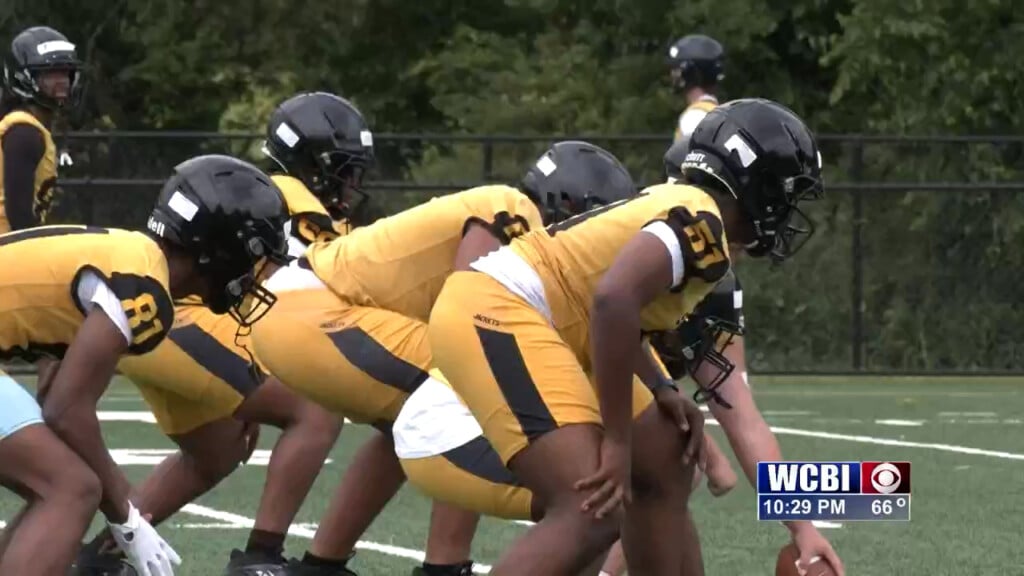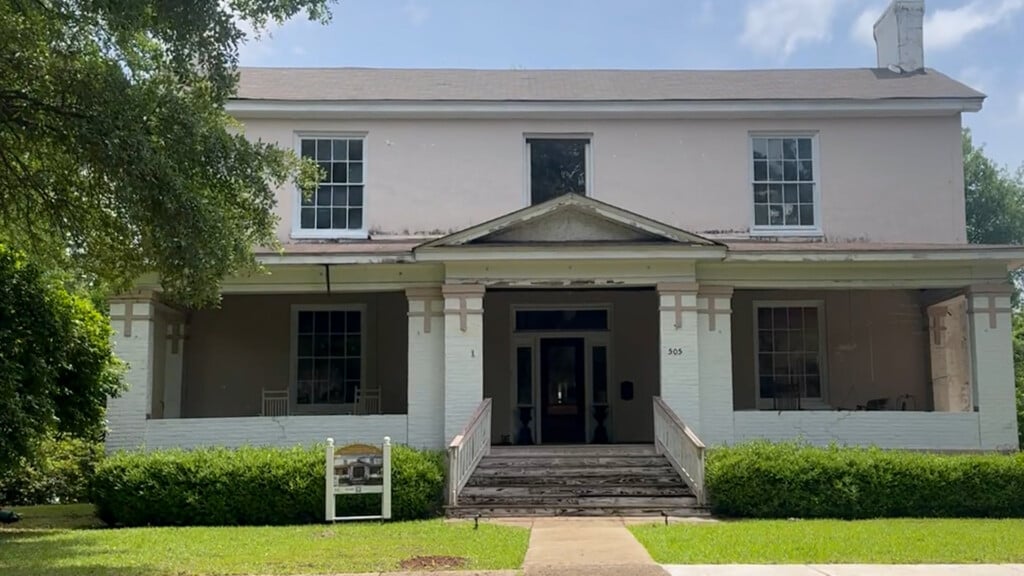Months of Closed Door Meetings Led to Jones’ Surprise
By Jeff Amy/Associated Press
JACKSON – One lesson of the Dan Jones fiasco?
While government boards in Mississippi can legally meet behind closed doors to discuss many issues, the public can be left dumbfounded when a board takes a major action that it’s never before discussed in in an open meeting.
College Board trustees held repeated discussions with University of Mississippi Chancellor Dan Jones about concerns over management at the University of Mississippi Medical Center before telling him in mid-March that they wouldn’t renew his contract when it expires in September.
A very few big donors and state officials knew much earlier, though, that Jones was in trouble.
“We’ve had conversations about my contract status since last fall,” is how Jones puts it.
Trustee Alan Perry said he began leaning toward not renewing the chancellor’s contract just before Jones was diagnosed with lymphoma last year.
While isolated signs of Jones’ imperiled status leaked out publicly, including an October 2014 post by blogger Wayne Weide, it’s clear that most Ole Miss supporters didn’t anticipate he could be let go. Trustees say they put the issue to the side while Jones was being treated for lymphoma. Some may have hoped he would resign for health reasons, but he kept pushing, while on leave, for the board to settle his future.
Jones and recently retired medical center leader Dr. James Keeton said they asked the board to create a health affairs committee, to help trustees get a stronger grip on operations at UMMC. The board did so in 2013. But the committee often met in executive session, and Keeton acknowledges board members showed their displeasure over hospital management in those meetings. Minutes of those meetings provide no details.
So most people didn’t even understand until three days after Jones’ nonrenewal was announced, when Perry detailed it publicly, why trustees were upset enough not to renew the contract.
There are parallels to the ongoing crisis at Singing River Health System, where employees and retirees were blindsided by that hospital system’s attempt to shut out employee pensions. The change to the Open Meetings law being considered could also reduce the College Board’s ability to meet privately to discuss UMMC.
While the College Board sometimes aired concerns about individual UMMC contracts in open meetings, the only systematic public discussion of the UMMC financial and contracting situation was at a February meeting where the findings of an accounting review from last year were presented.
There, Perry and others discussed concerns that the medical center was violating board policy calling for all contracts worth more than $250,000 to be voted on by the board. He also raised concerns that the medical center might have violated state purchasing laws, but he did it in the most diplomatic way.
“I am confident we have used this audit in the right way to take us to the next level of success,” Perry said.
Outgoing trustee President Aubrey Patterson voiced concerns about the uncertain national environment for hospital financing, but also struck an optimistic tone.
“We’re positioned to make greater progress going forward,” Patterson said in February.
Some people left that meeting believing the College Board was essentially mollified by Jones’ earlier actions. That impression was reinforced when board members later that day approved Dr. LouAnn Woodward to succeed Dr. James Keeton as head of the medical center. Woodward was approved unanimously, even though some board members told Jones earlier that they would never vote for an internal candidate like Woodward. Perry said he asked Jones earlier in the search to present multiple candidates for the board to choose from, but Jones refused, and Perry said he acceded to Jones’ view.
But those who thought concerns had blown over were spectacularly wrong.





Leave a Reply